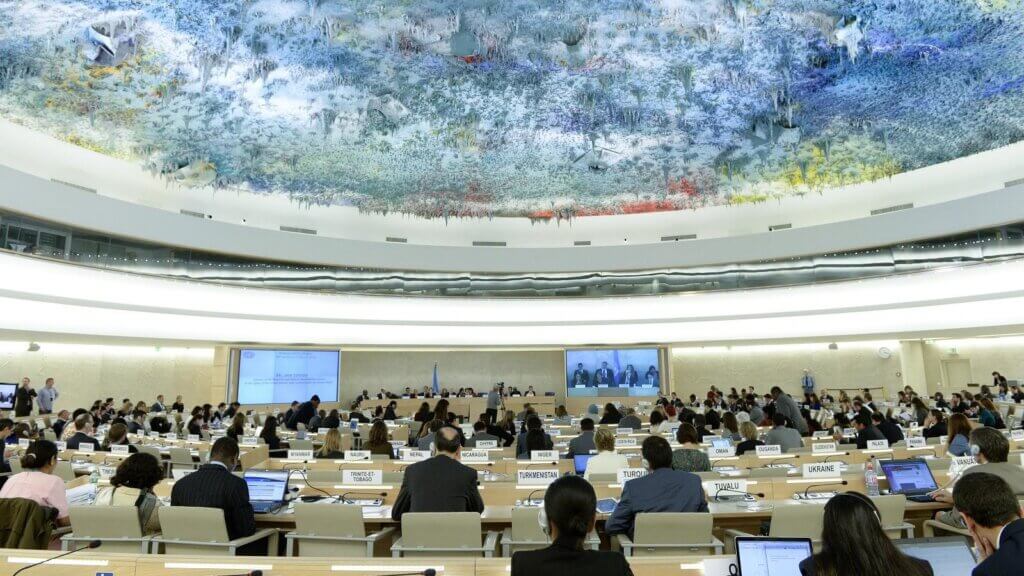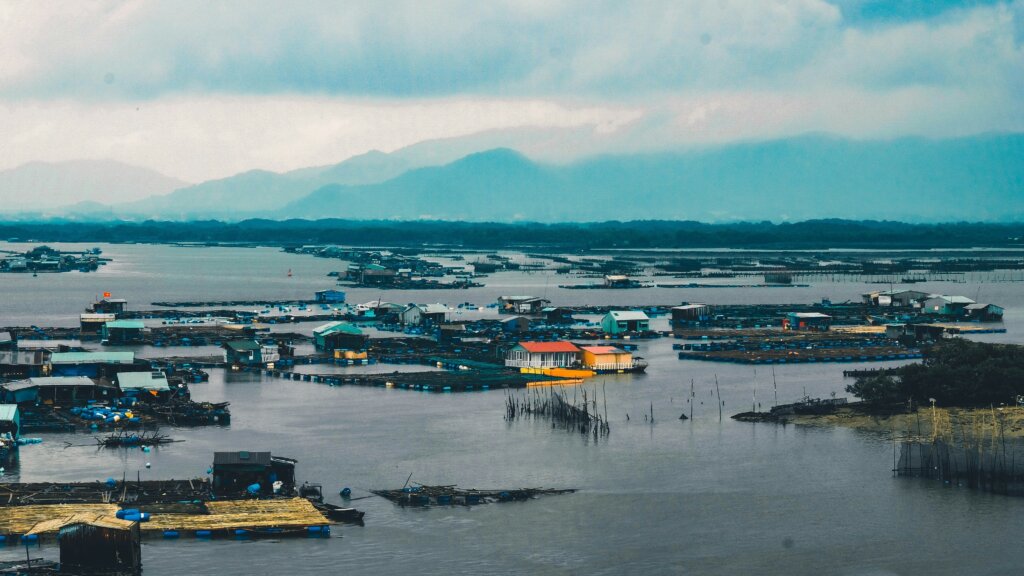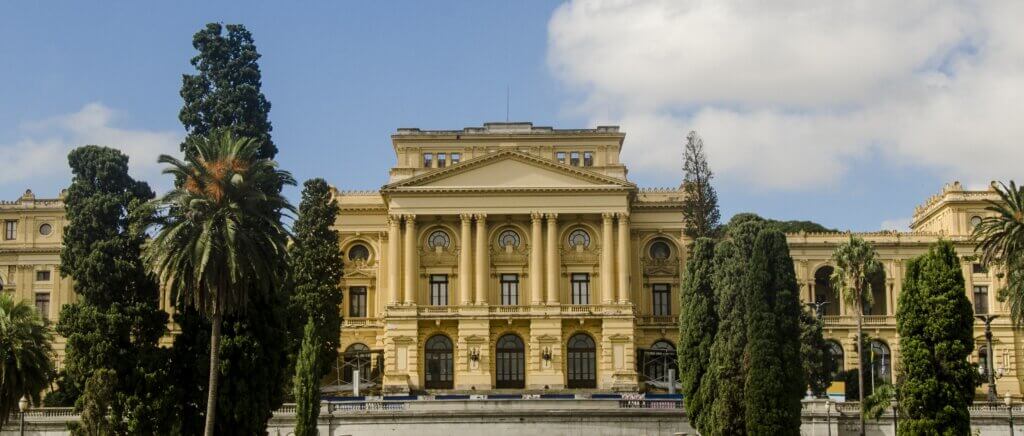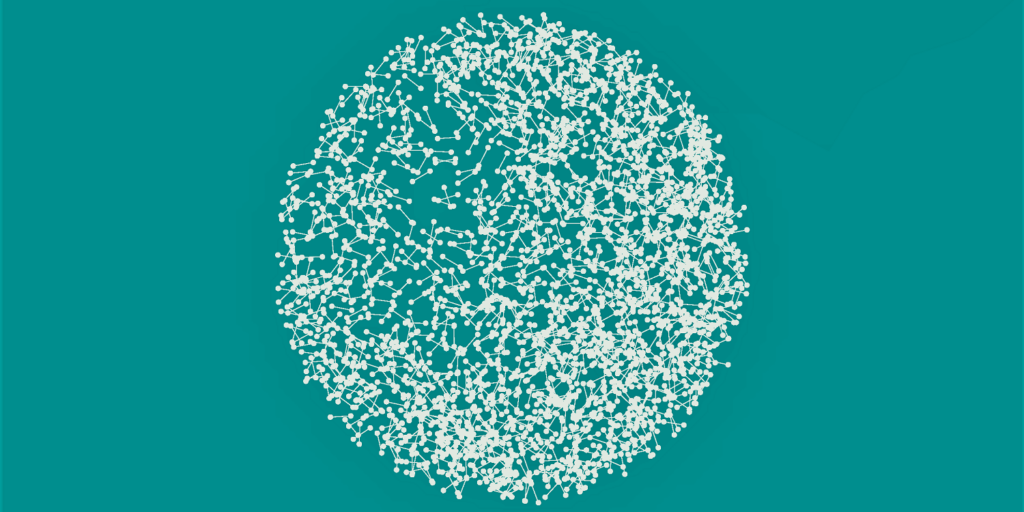The commitment to defend and promote the free and responsible practice of science is in the ISC Statutes and cuts across all of the Council’s work.
The International Science Council’s Committee for Freedom and Responsibility in Science (CFRS) works at the intersection of science and human rights to protect and uphold the Principles of Freedom and Responsibility in Science .
The responsible practice of science and the responsibility of scientists to contribute their knowledge in the public space go hand in hand. Both are essential to the ISC’s vision of science as a global public good.
The Council’s principles of freedom and responsibility in science are enshrined in Article 8 of the Council’s Statutes and Rules of Procedure (adopted on 8 March 2024).
The principles of freedom and responsibility in science set out the freedoms that scientists should enjoy, as well as the responsibilities they bear.
Article 26 of The Universal Declaration on Human Rights stipulates that “everyone has the right to education.” The ISC affirms that this right applies to science education, training and mentoring.
Trust in science depends on the active dissemination of scientific information and research findings (both positive and negative results) to peers, policy makers and civil society.
As appropriate, scientists (including research staff and trainees), national governments, research institutions, funding bodies, regulatory and oversight bodies, review committees, publishers and editors, standard setting institutions, and educators are expected to:
For any queries, contact the project lead Vivi Stavrou.
The New Zealand government has actively supported CFRS since 2016. This support was generously renewed in 2019, with the Ministry of Business, Innovation and Employment, supporting CFRS via CFRS Special Advisor Gustav Kessel, based at Royal Society Te Apārangi, and by Dr Roger Ridley, Director Expert Advice and Practice, Royal Society Te Apārangi.
 blog
blog
 blog
blog
 news
news
 publications
publications
 publications
publications
 publications
publications